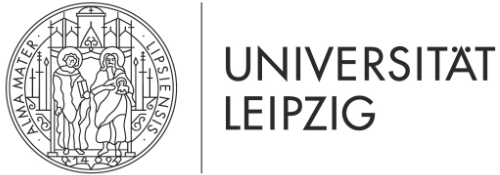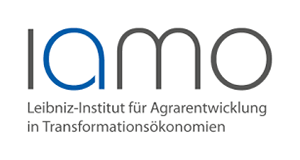Nataliia Cherkas
Stay at EEGA: September 2018 – January 2019
Nataliia Cherkas is currently doing her habilitation at Kyiv National Economic University named after Vadym Hetman (Ukraine). She was a lecturer at Lviv University of Trade and Economics (former Lviv Academy of Commerce) (2006-2016) and holds a title of Associate Professor from the Department of International Economic Relations (2011). Dr. Cherkas obtained a PhD in International Economics from the Kyiv National Economic University (2009). She was a Fulbright research fellow at the School of Business, University of Redlands, USA, 2013-2014 and a visiting scholar at Graduate College „The Economics of Innovative Change“, Department of Economics, Friedrich Schiller University Jena, 2017-2018. During over 12 years on the faculty she has taught courses on International Economic Relations, National Models of Economic Development (Lviv Academy of Commerce, 2006-2016); International Business (University of Redlands, 2014 and 2015); European Economics (European University Viadrina Frankfurt Oder, 2017 and 2018).
Her research inlcudes economic development, innovation and entrepreneurship with a particular focus on startup-ecosystems as a part of global production networks.
Research project: Integration of Eastern Europe’s IT Outsourcing Industry into Global Production Networks
The countries of Eastern Europe recently developed as a substantial IT outsourcing region with a growing entrepreneurial activity and start-up formation. The efficiency of integration into global production networks and economic performance depends on the ability to increase a share of value added and profit created by the company/industry rather than just generation of revenues. The project aims to analyze the IT outsourcing industry in three different Eastern European IT clusters (Krakow in Poland, Lviv in Ukraine and Minsk in Belarus) with particular consideration of the transnational connections of Eastern European firms to foreign markets and the effects of their networking on the development of involved economic regions. Existing business environment (political system, easiness of doing business, level of corruption, government efficiency, monetary and fiscal policy) is determining the performance of IT sector, however, the size of IT-sector becomes more significant and it can influence some regional parameters itself. The fundamental assumption of this project is that these production networks create a circulation of knowledge and practices which are necessary to compete in the global IT markets as well as promote economic development of respective regions.








